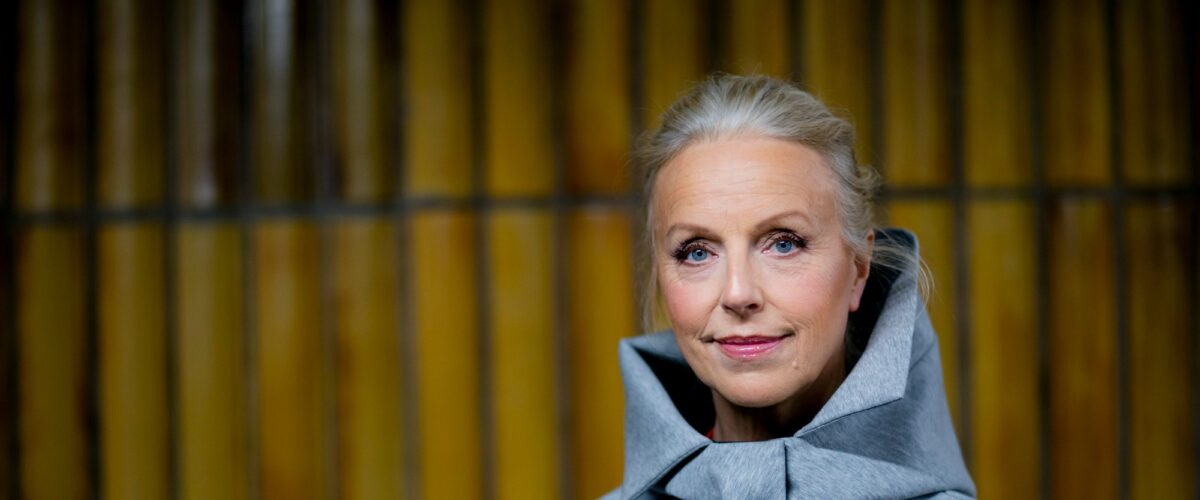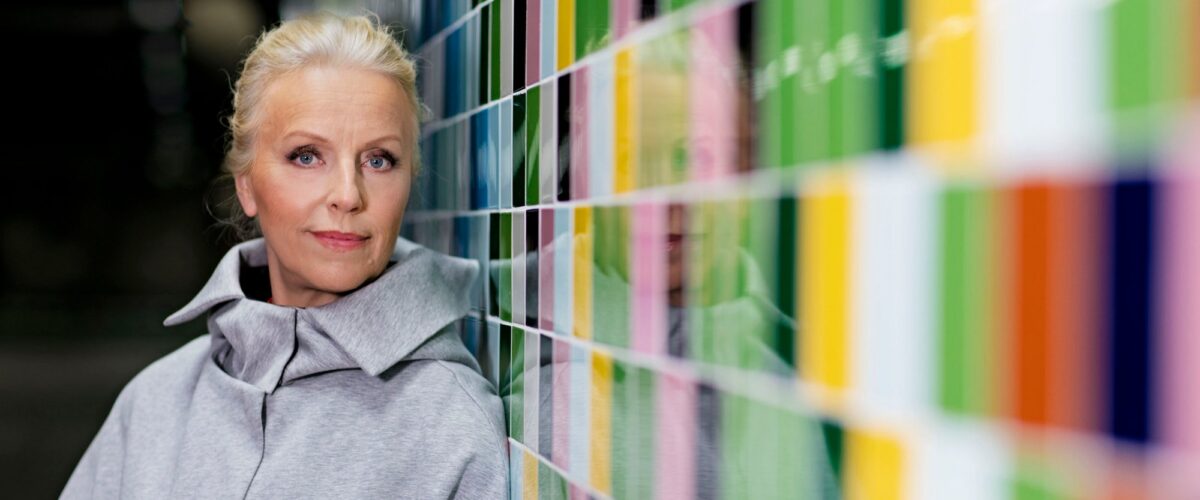TRANSCRIPT
Scofield: Philip Glass has made a very interesting comment, that he befriended David Bowie and has done this kind of cross boundary musical experimentation, because he thinks that the boundaries separating different musical genres are breaking down. It seems that you strongly agree with that.
von Otter: I do indeed. I think we went through some years that were quite tough on the listeners. 1950s, 60s, 70s, 80s, the sound of some classical contemporary music was quite tough and quite hard to understand. But since then, things have changed. And I think composers are feeling much more free, now they don’t feel that they have to be hard and tough on themselves and the listener. So then they take inspiration from other fields, not only jazz and maybe pop, but also other not westernized music, Asian, African, so we get this sort of mix that’s very attractive.
Scofield: Absolutely. Well, there was quite a lot of musical snobbery around in those decades –
von Otter: Exactly.
Scofield: – that you mentioned, and kind of thinking that if you composed for an orchestra, your music should not be too popular, or else it couldn’t be good.
von Otter: Yes. Now it felt like people were sitting at their desks and it was all very clean and they, you know, they had their pencil and their paper, and they were making it as hard as possible. But I guess that they had to go that way to, I don’t know, find some new paths which, of course, the composers of today are using, in a way as well, because they can listen to it, and be influenced in different ways. So, of course it was something that’s good that it happened, I guess.
Read more about Anne Sofie von Otter on their OFFICIAL WEBSITE.




